NRA Asks Supreme Court To Consider AWB Case

For many gun-rights advocates, the desire to have the U.S. Supreme Court to finally hear a case involving an “assault weapons” ban is at the top of the list. Having the court rule once and for all that such bans are unconstitutional would likely put an end to all the constant state and federal shenanigans involving modern semi-automatic rifles.
To that end, the National Rifle Association recently filed a brief with the Supreme Court asking the justices to consider the constitutionality of such bans in the case Snope v. Brown. In the brief, the NRA argued that the Fourth Circuit, in upholding Maryland’s ban on such firearms, contradicted Supreme Court precedent, especially ruled in District of Columbia v. Heller, where the court held that common arms cannot be banned.
“Under Heller, this case is simple: Because Maryland bans common semiautomatic rifles—including the most popular rifle in America—the ban violates the Second Amendment,” the brief stated. “But the Fourth Circuit, dissatisfied with this Court’s ‘ill-conceived popularity test,’ invented its own test. The Fourth Circuit’s test contradicts Heller at every turn.”
Among other points, the NRA brief argued than in considering the Maryland ban the 4th Circuit required that plaintiffs prove that arms are commonly used for self-defense, despite Heller establishing that all bearable arms are presumptively protected, limited the Second Amendment to self-defense, despite Heller recognizing that hunting, training and community defense are protected purposes, and excludes weapons that the court deemed unsuitable for self-defense, despite Heller holding that the People decide which arms are protected.
The brief further argued that the 4th Circuit also counted for commonality only instances in which the weapon is actively employed in self-defense, despite Heller holding that possession alone is dispositive, excluded weapons ‘most useful in military service,’ despite Heller elucidating that its test applies regardless of the weapon’s suitability for military use, and allowed common weapons to be banned if they are dangerous, despite Heller holding that common weapons cannot be banned.
Additionally, the brief argued that the 4th Circuit also fell short in its historical analysis to prove such a ban has precedent.
“In its historical analysis, the Fourth Circuit did not identify a tradition of banning common weapons,” the brief stated. “Instead, the court determined that an assortment of lesser restrictions—including laws regulating the manner of carry or forbidding brandishing—established a tradition allowing governments to ‘do something’ about particular weapons. This supposed tradition, the court decided, justifies prohibiting common arms. But if that were the case, the handgun ban would have been upheld in Heller.”
In the end, the NRA is asking the Supreme Court to take up the case and right the wrongs perpetuated by the 4th Circuit.
“It is this Court’s prerogative alone to overrule one of its precedents,” the brief concluded. “Yet the Fourth Circuit rejected this Court’s common use test—deriding it as an ‘ill-conceived popularity test’ that ‘leads to absurd consequences’—and replaced it with a test directly contrary to this Court’s precedents. The Court should grant the Petition for Certiorari to reaffirm its precedents and restore the right of Americans to possess common weapons.”
Read the full article here







